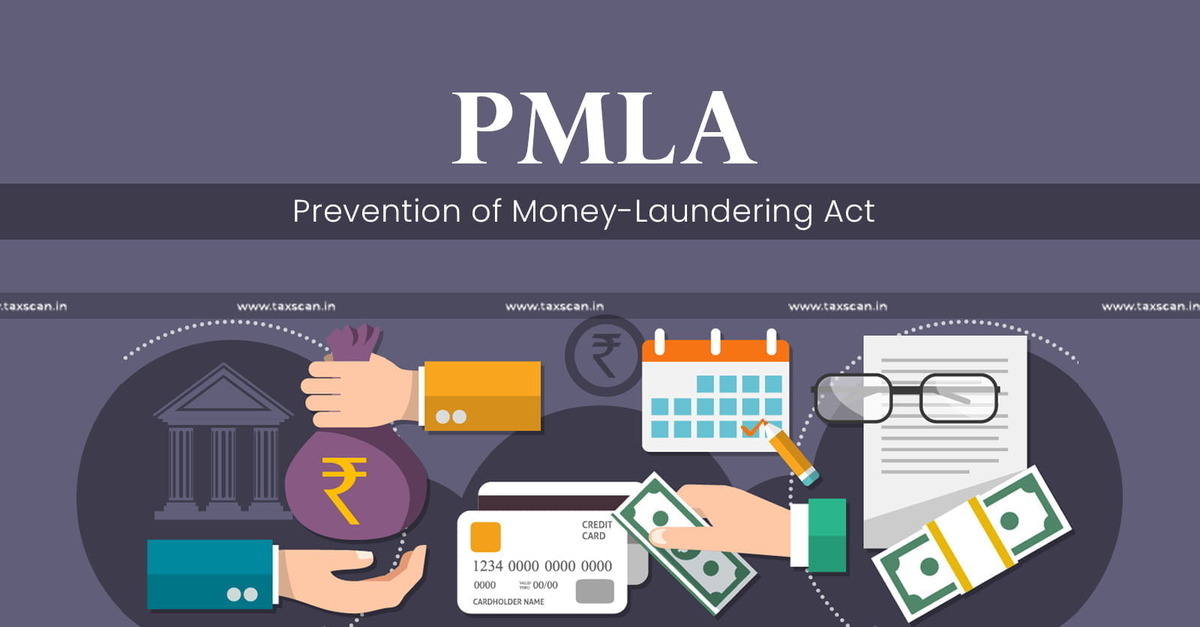INTRODUCTION
In a landmark judgement the Supreme Court of India has reached formed fundamental principles of personal liberty and emphases that planting bail should be the norm and not the exception. This criticizes lower courts for routinely denying bail and Apex Code highlighted the need of a folding constitutional values and to prevent and warranty deprivation of Liberty.
In 2024, the Supreme Court of India reaffirmed the fundamental legal principle of “bail is the rule and jail is the exception”, thereby emphasizing that the protection of individual liberty is the foundation of justice. This principle, enshrined in Article 21 of the Constitution of India, ensures that the refusal of bail must be an exception justified by due legal procedures. In important decisions relating to the Prevention of Money Laundering Act (PMLA) and the Unlawful Activities Prevention Act (UAPA), the Court has emphasized that procedural fairness and constitutional rights must guide decisions on bail, regardless of the gravity of the charges. These decisions demonstrate the judiciary’s commitment to protecting individual liberty while maintaining the integrity of the legal system.
UNDER THE UNLAWFUL ACTIVITIES (PREVENTION) ACT
The Supreme Court ruled that the principle of “bail is the rule, jail is the exception” applies even to offences under special laws like the Unlawful Activities (Prevention) Act. While granting bail to Jalaluddin Khan, accused under the stringent anti-terrorism law, a bench of Justice Abhay S Oka and Justice Augustine George Masih said that if the courts start denying bail in deserving cases, they will be violating fundamental rights. An NIA court had rejected the bail plea of Khan, who was accused of being involved in a plan to obstruct the Prime Minister’s visit to Bihar and illegal activities related to the banned Popular Front of India. He then filed an appeal in the Patna High Court, but the same was rejected, forcing him to approach the Supreme Court. The apex court said that the charges brought by the prosecution may be very serious, but it is the duty of the court to consider bail in accordance with the law.
UNDER THE PREVENTION OF MONEY LAUNDARING ACT
The Supreme Court said that the principle of ‘bail is the rule and imprisonment is the exception’ will apply in cases registered under the stringent Prevention of Money Laundering Act (PMLA) and made it clear that any incriminating statement made by an accused in custody in a PMLA case before an investigating officer will not be admissible in court. The Supreme Court said that it would be extremely dangerous to make such statements against the accused, as such an act would be against all rules of fairness and justice.
A bench comprising Justices B R Gavai and K V Viswanathan held that the statement of an accused in custody cannot be considered admissible under Section 50 of the PMLA.
The court, citing the bail order in the Manish Sisodia case, said that it would be made clear that even under the PMLA, the guiding principle is that “bail is the rule and jail is the exception”. In the 44-minute judgment, Justice Viswanath stressed that liberty of an individual is always the rule and deprivation is the exception and deprivation can be done only in accordance with the procedure prescribed by law, which must be valid and reasonable. Section 45 of the PMLA, by imposing the dual condition, does not rewrite this principle to mean that deprivation is the norm and liberty is the exception. As stated earlier, all that is required is that in the case of bail, two conditions must be met, and those conditions must be met. The court pointed out that in a case where the accused has been in custody for a considerable number of months and there is no possibility of the trial being concluded within a short period of time, the strictness of Section 45 of the PMLA can be appropriately relaxed to allow conditional release. Under the two conditions of bail under the PMLA, the prosecutor must be given adequate opportunity to oppose the bail and secondly, the accused must first prove that he is not guilty.
CONCLUSION
By reaffirming that “bail is the rule and imprisonment is the exception”, the Supreme Court of India has reinforced the importance of individual liberty as the foundation of justice. These 2024 decisions highlights that even in cases where stringent laws such as the PMLA and UAPA are followed, the courts must give priority to fairness, constitutional guarantees and a fair assessment of each case. This approach ensures that liberty is not unduly restricted, in keeping with the democratic principles enshrined in Article 21 of the Constitution.
“PRIME LEGAL is a full-service law firm that has won a National Award and has more than 20 years of experience in an array of sectors and practice areas. Prime legal falls into the category of best law firm, best lawyer, best family lawyer, best divorce lawyer, best divorce law firm, best criminal lawyer, best criminal law firm, best consumer lawyer, best civil lawyer.”
WRITTEN BY: SHAKCHI VERMA


